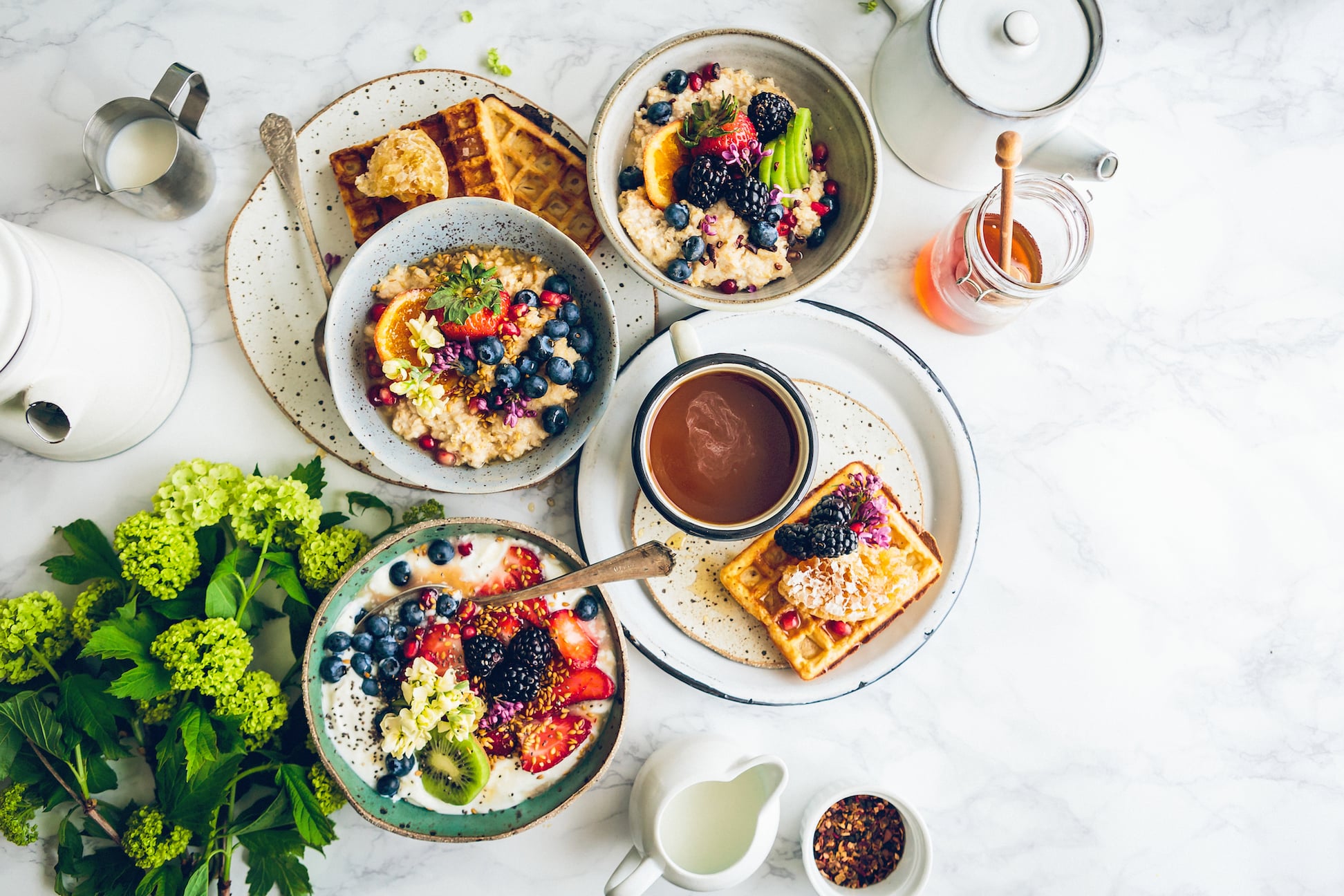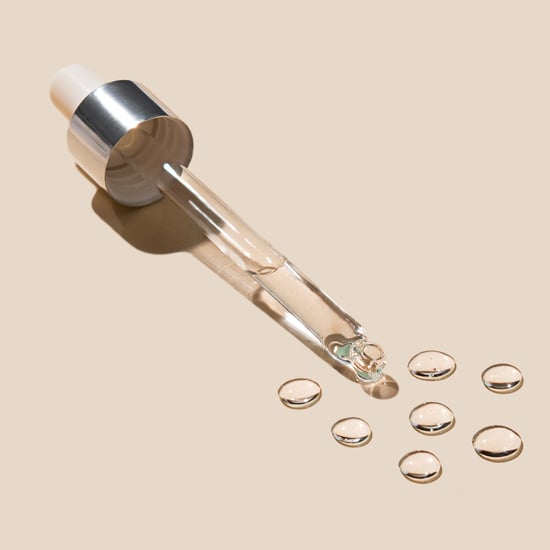Foods That Cause Acne
These 5 Foods You Eat Every Day May Be Why You're Breaking Out

It's frustrating to struggle with acne, especially when you consider your diet to be healthy and you're eating foods that you've been told are "good for you." However, everyone reacts differently to certain foods, especially ones that can disrupt your digestive system and cause inflammation and hormonal imbalances. Experiment with taking these five foods out of your diet and you'll most likely notice less breakouts.
Peanut Butter
Peanut butter is filled with mycotoxins, which is a toxic mould linked to causing acne. It is a mould that grows on certain food crops and matures during the transportation process. Even organic crops are affected. This is why many people may experience an allergic reaction like breaking out to peanuts.
Sugary Snack Bars
There is an overwhelming amount of energy bars for sale these days, and many of them are highly processed and filled with chemicals and sugars, which are endocrine disruptors. When your hormones are imbalanced, you are more likely to break out. Eating an apple with almond butter, full of fibre and healthy fats, is a healthier alternative.
Grains
Grains including oats, rice, and quinoa, can be difficult for some people to digest properly. Whether you eat grains containing or not containing gluten, they both will increase insulin levels. Acne has been shown to be less problematic when people consume less sugar and carbohydrates.
Legumes
Legumes are beans, lentils, and peanuts. Lectins in these starchy beans can block your pores and cause acne, according to Dr. Brooke Kalanick. They also can cause inflammation in your body, because your digestive system may have a hard time breaking down their nutrients.
Dairy
Were you raised on "Got Milk?" This campaign probably misled you into believing that dairy is beneficial to eat every day. However, more research has shown that dairy causes inflammation, hormonal imbalances, and digestive issues in your body. Dr. Mark Hyman says, "Based on the research and my experience practising medicine, I typically advise most of my patients to avoid dairy products completely." Thankfully there are many alternatives now, like unsweetened oat milk and almond milk.







